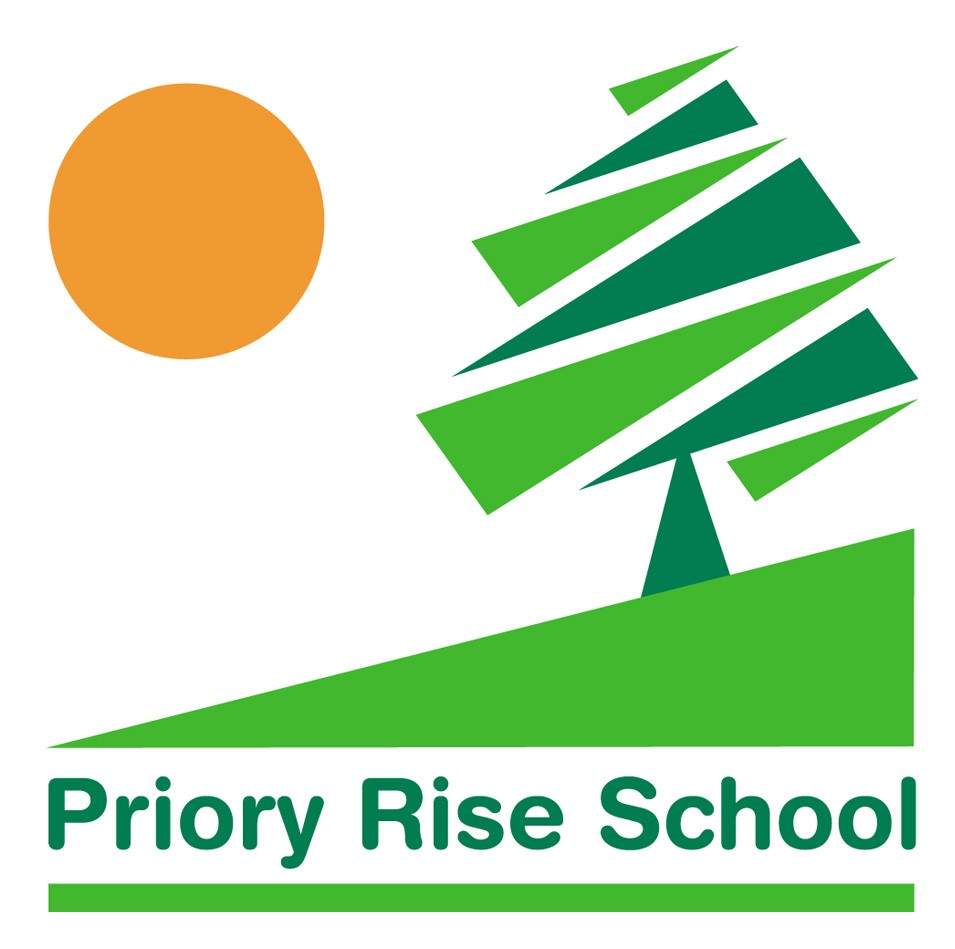Homework
At Priory Rise School, we believe that homework is a key aspect of learning. Homework helps children consolidate and improve important skills. We believe that homework is a valuable opportunity for children to share with their parents/carers key aspects and concepts that have been learnt at school.
Through our policy we aim to:
- Ensure that parents are clear about what their child is expected to do
- Ensure consistency of approach throughout the school
- Use school homework as a tool to help to continue to raise standards of attainment and enjoyment of learning
- Improve the quality of the learning experience offered to pupils and to extend it beyond the classroom environment
- Provide opportunities for parents, children and the school to work together, in partnership, in relation to children’s learning
- Encourage pupils and their parents to share and enjoy learning experiences
- Reinforce work covered in class by providing further opportunities for the individual pupil
- Practise or consolidate basic skills and knowledge, especially in English and Mathematics
- Encourage children to develop the responsibility, confidence and selfdiscipline needed to study independently
- Prepare Year 6 pupils for the transition to secondary school
Priorities:
- Fostering a love of reading
We believe reading is a key aspect of developing a child’s learning. We value parents and carers reading with and to their children because it allows them to enjoy texts that they might not be able to read alone, therefore, improving many key skills which enable a child to access the wider curriculum. We place importance on the discussion and language acquisition that reading together promotes.
- Consolidating skills learnt in the classroom
Weekly homework tasks are related to either an aspect of the curriculum that has just been taught, or developing recently taught skills that need further consolidation, development or practice.
- Applying Maths and English skills across the curriculum
Children need to use and apply their writing, reading and maths skills across all subjects, not out of context. Some aspects of homework will be focused on developing skills in a real context so children can make links with their learning e.g. developing maths skills relating to shopping, magazines or newspapers.
- Improving key life skills – social skills, evaluation skills, problem solving, managing feelings and working collaboratively.
Developing key life skills improves children’s motivation and approach to life and learning. Working together as a team, sharing and communicating feelings develops a confident child who has no fear of getting things wrong or attempting new things. Activities, games and helping around the house can develop maths and English skills but also vital life skills too – which can be fun!
For example:
- Board games - Playing scrabble is a great way of learning to spell but also teaches turn taking, solving problems, losing! The game ‘Articulate’ develops children’s vocabulary and speaking and listening skills.
- Card games are great for developing mental maths, independence, patience!
- Dominoes are a great way to learn number bonds!
The Nature of Homework
It should be noted that homework can be set in many different forms with many different expectations and outcomes. It is important to remember that when setting homework, there are a number of points to consider:
- The nature and type of homework changes throughout a pupil’s school career
- The amount and frequency of homework should increase as a pupil progresses through the school
- Homework should not cause undue stress on the pupil, family or teacher
- Homework will not always, necessarily come in the form of a written task
- The setting of homework is carefully thought out by each class teacher and team, considering the needs of the children and current curriculum subjects
- Homework will be set regularly in each class/year group
Role of the Headteacher and Governing Board
- To delegate powers and responsibilities to the Curriculum Committee and to the headteacher to oversee the development of this policy
- To ensure effective implementation, monitoring and evaluation of this policy
- To provide supportive guidance to parents
- To inform new parents to the school about this policy and ensure that parents are aware of and understand the implications of the home/school agreement
Role of the Teachers
- To integrate homework into their planning
- To set regular homework in an easily followed routine
- To ensure that homework is varied/adapted, appropriate to the needs of each child
- To ensure that homework is purposeful and links directly to the taught curriculum
- To provide a clear explanation of homework tasks to children
- To set clear expectations for the completion of each homework task
- To provide opportunities for sharing of homework, when appropriate, and to provide feedback
- To monitor the completion and return of homework
Role of Parents/Carers
- To sign a home/school agreement with regard to the completion of weekly homework tasks
- To provide a suitable place for children to carry out their homework
- To support the school by ensuring that the homework set is completed appropriately
- To encourage and praise their child when they have completed their homework
- To support their child with homework activities, including helping children to develop time management skills when longer projects are set
- To make it clear that they value homework and they support the school by explaining how it can help learning
Role of the Children
- To attempt and complete their homework to the best of their abilities
- To hand homework in on time
- To ensure appropriate presentation of homework tasks
- To listen carefully in class to make sure that they understand what is asked of them
- To complete homework using appropriate materials
Recommended Time Allocation
There is no legal requirement for schools to provide a set amount of homework or for primary school children to undertake formal homework.
At Priory Rise the typical homework practice for children in each year group is noted below – this is flexible and may be adapted and changed according to the class theme and time of year.
Homework Tasks
| Foundation Stage 2 |
|
| Year 1 |
|
| Year 2 |
|
| Year 3 |
|
| Year 4 |
|
| Year 5 |
|
| Year 6 |
|
Equal Opportunities and Additional Needs
Homework activities are varied/adapted, where appropriate, to ensure the needs of all pupils are best met.

